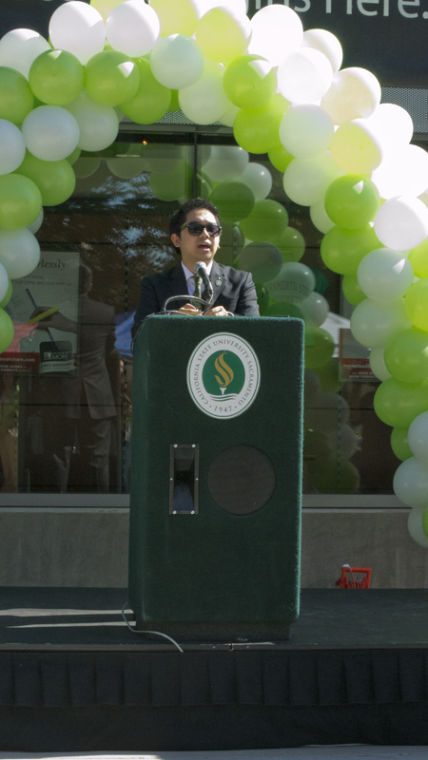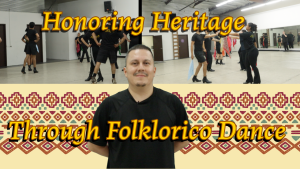Sacramento State garden could bring nutritional education, food pantry
September 25, 2013
Sacramento State President Alexander Gonzalez discussed plans with the Urban Agriculture Club for an on campus, one-acre garden that would also create a food pantry.
The garden will be student-led and was discussed at the Associated Students Inc. meeting on Sept. 11.
ASI President Nielsen M. Gabriel said he is excited to see the student garden plans come into fruition.
“One of my main focuses is the community garden because it’s another project students can personally see,” Gabriel said.
John Ramos, president of the Urban Agriculture Club, is an advocate for the garden and hopes an on-campus garden may help tell the story of how students can acquire food by familiarizing people with agricultural production.
Not only could a garden serve as an educational opportunity for growing plants and vegetables, but Ramos also said it could be an excellent platform for extending nutritional information to students.
“After reviewing diet analyses with many students who live in the Residence Halls it seemed so necessary that agriculture become an on-campus event, not just something you buy from the grocery store,” Ramos said.
Ramos initially wanted to start a fruit and vegetable garden two years ago, but the project gained little support or interest from students.
“I thought it would be a great idea for the Residence Halls but due to a lack of interest, the idea was postponed until recently when I connected with members of the President’s Sustainability Steering committee,” Ramos said.
With the current student garden he hopes to create, Ramos said he wants to implement plans promoting diversity by growing herbs, such as rosemary and sage, as well as fruits and vegetables.
This diversity is encouraged by other Agriculture Club members.
Darlene Weiss, a co-founder of the Agriculture Club, also brought to ASI’s attention the need for a garden at the Sept. 11 meeting.
“I feel this is a very important, missed out opportunity for Sacramento State,” Weiss said. “There is a call for action, most of Sacramento’s commerce is dependent upon agriculture itself.”
UC Davis has seen success with both a student and children’s garden program, and Sacramento is home to the largest ‘Certified Farmers’ Market’ in California.
According to Farm to Fork Capital, 70 percent of the Sacramento region is agricultural, forest or other open space, and the city is also the largest agricultural producer in the United States.
Location of the Sacramento State student garden has yet to be determined, but Gabriel said the Guy West Bridge may be a possible place to host the garden.
“It would be very nice scenery,” Gabriel said. “Water is widely available, but I’m open to seeing where the University Facilities Services is willing to help accommodate the garden and what we can get.”
John Ramos also feels that the Guy West Bridge Memorial Plaza is a major contender for the location of the the student garden and that planting seeds in January or February would be wise for successful crops.























































































































